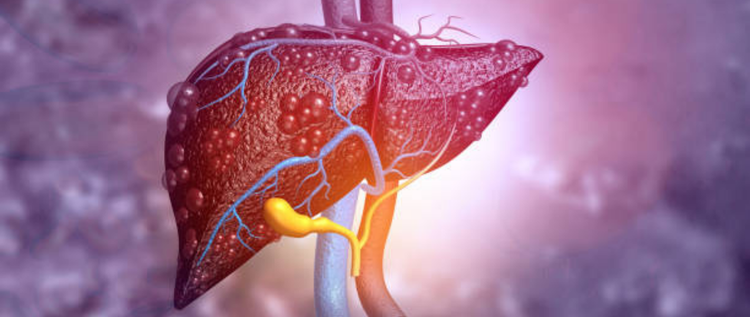
Hepatitis, a condition characterized by inflammation of the liver, is a significant health concern worldwide. This comprehensive guide aims to provide insights into the various types of hepatitis, their causes, symptoms, and available treatments, brought to you by Dr. Ashish Kumar Jha.
Types of Hepatitis:
-
Hepatitis A: Typically transmitted through contaminated food or water, Hepatitis A causes acute liver inflammation. It does not lead to chronic infection.
-
Hepatitis B: Transmitted through blood, semen, or other body fluids, Hepatitis B can lead to chronic infection and serious liver damage if left untreated.
-
Hepatitis C: Mainly spread through blood-to-blood contact (such as sharing needles or transfusions with infected blood), Hepatitis C often becomes chronic and can lead to liver cirrhosis or liver cancer.
-
Hepatitis D: This type only affects individuals already infected with Hepatitis B, as it requires the presence of Hepatitis B to replicate.
-
Hepatitis E: Similar to Hepatitis A, Hepatitis E is typically spread through contaminated water. It is more common in developing countries and usually resolves on its own.
Causes of Hepatitis:
-
Viral Infections: Hepatitis A, B, C, D, and E are caused by different viruses, each with specific modes of transmission.
-
Alcohol and Drugs: Excessive alcohol consumption and certain medications or toxins can cause hepatitis.
-
Autoimmune Conditions: The immune system mistakenly attacks the liver, leading to autoimmune hepatitis.
-
Metabolic Disorders: Disorders of metabolism or genetics can predispose individuals to hepatitis.
Symptoms of Hepatitis:
-
Fatigue: Persistent tiredness or lack of energy.
-
Jaundice: Yellowing of the skin and whites of the eyes.
-
Abdominal Pain: Discomfort or pain in the upper right side of the abdomen.
-
Loss of Appetite: Reduced desire to eat.
-
Nausea and Vomiting: Feeling sick to your stomach and throwing up.
-
Dark Urine and Pale Stools: Changes in urine and stool color due to impaired liver function.
Diagnosis and Treatment:
-
Blood Tests: Detect viral antibodies or liver enzymes to diagnose hepatitis and determine its type.
-
Imaging Studies: Ultrasound or MRI scans can assess liver damage and rule out other causes.
-
Liver Biopsy: A sample of liver tissue may be taken to assess the extent of liver damage.
-
Treatment Options: Treatment varies depending on the type and severity of hepatitis:
-
Hepatitis A and E: Usually resolve on their own with supportive care.
-
Hepatitis B and C: Antiviral medications are used to suppress viral activity and reduce liver damage.
-
Hepatitis D: Treatment involves managing Hepatitis B infection, as there are limited specific treatments for Hepatitis D.
-
Autoimmune Hepatitis: Immunosuppressive medications may be prescribed to reduce immune system activity.
-
Prevention:
-
Vaccination: Vaccines are available for Hepatitis A and B, providing effective prevention.
-
Safe Practices: Avoiding sharing needles, practicing safe sex, and maintaining hygiene can reduce the risk of hepatitis transmission.
Conclusion:
Hepatitis is a serious liver condition that requires timely diagnosis and appropriate management. Understanding its types, causes, symptoms, and available treatments is crucial for promoting liver health and preventing complications. For personalized advice and comprehensive care, consult Dr. Ashish Kumar Jha, a trusted source for medical guidance and treatment options.
